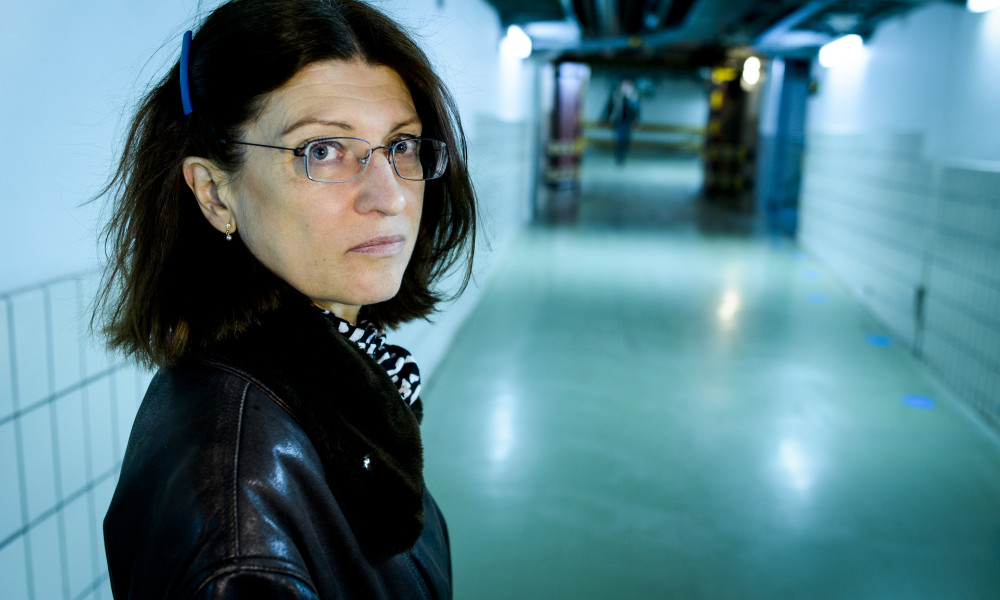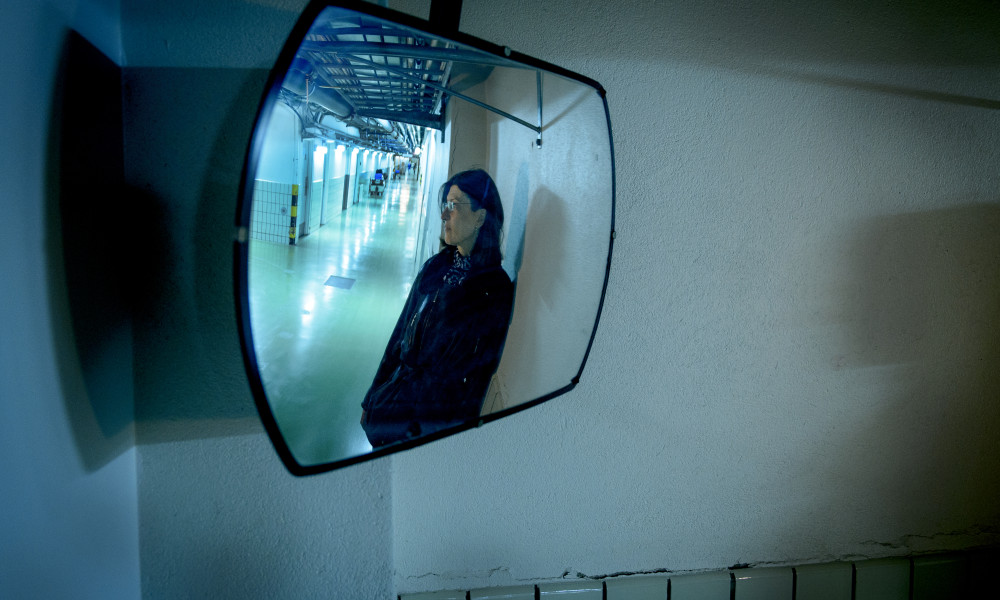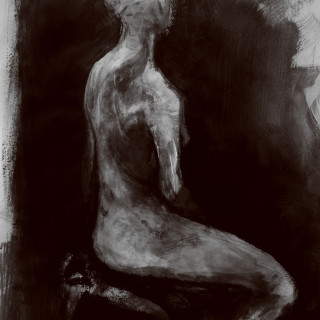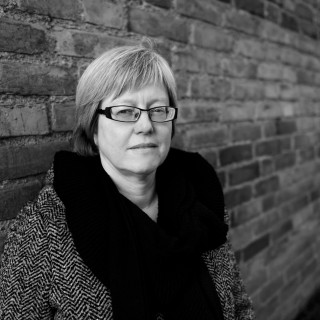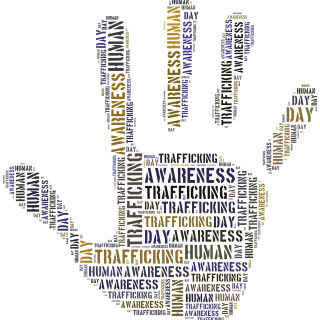The right to your body?
Aisha is in her 30s and only has one kidney. Her other one is fulfilling its function in the body of a business leader in Spain.
Aisha got married to get away from the hard life with her adoptive parents in Lebanon, but her longing for freedom was exchanged for violence and uncertainty. She finally left her alcoholic husband and found herself living in poverty with sole care of her children. Through an organ ring she sold her kidney and now lives in destitution, too weak to work. Aisha’s story is far from unique; she is one of many vulnerable people who fall victim to organ trafficking, a growing international criminal trade.
New drugs make it possible to transplant organs with good results, but the paradox is that the need for organs increases. Organs are a scarce commodity and therefore a stable foundation is laid for the development of a black market and people’s cynical pursuit of wealth. Over the course of many years, ethnologist Susanne Lundin has met sellers, buyers, politicians, doctors and criminals as part of her research.
“People have always tempted fate and refused to be content”, she says emphatically. “Over the centuries, we have tried to improve our bodies to gain a better life. Today, large parts of the world live under the principle that each person is unique and that we mustn’t harm people around us. Nonetheless, the progress of this new medical technology means using other people. The altruistic mindset is faltering.”
Everything has a price tag
Susanne Lundin has travelled around the world to countries such as Moldova, the Philippines, South Africa and Israel, trying to understand the mechanisms behind the poverty that results from poor people’s involvement in organ trafficking. The buyers are most often from developed countries and the operations are almost always carried out in a third country, in order to cover their tracks.
“People have always sold their labour; now people are selling parts of their own bodies. Today’s mindset that we are responsible for taking care of our bodies and our health favours criminal activity. Everything has a price tag”, says Professor Lundin. “In addition, the boundaries are being moved. What was not OK yesterday is OK today, and technical possibilities undermine moral aspects for both the buyer and the seller.”
My body is my own?
Technology, identity, body and society. The line between the concepts becomes blurred, posing the difficult question: do we own our bodies? The illegal trade in organs leaves behind battered individuals without the strength or ability to improve their lives.
“Often, the organ sellers become outcasts in the community after the operation. Weakened and exploited, they try to carry on with their lives. There are also people who are not living in poverty, but choose to sell a kidney or part of a lung to pay for a house or studies. Are they also victims?” asks Susanne Lundin.
“People have always sold their labour; now people are selling parts of their own bodies.”
Organ trafficking is starting to gain more and more attention. The trade is also on the increase. It is not only the rich who are buying. People without money are also taking loans to try and improve their health. Susanne Lundin has received indications that Swedes are starting to go abroad to buy organs, even though Sweden has an established system for organ donation.
Perpetrators and victims
However, the situation worldwide is not consistent. Iran has a state-regulated system of organ trade for payment, Israel gives priority for health care to those who donate an organ voluntarily, in China, relatives get financial compensation and funeral expenses paid if they donate a parent’s kidney, and in all countries except Spain, the patients – or buyers – go free. In Brazil, the seller is criminalised. The designation of victim and villain differs from one country to another. Susanne Lundin is heavily involved in the EU’s HOTT project, ‘Combating trafficking in persons for the purpose of organ removal’, which is trying to take a global approach to a global problem. But is there a global solution?
“Tackling criminal trade in organs has not been taken seriously by police forces and justice systems around the world for far too long. In the project, we are mapping legal cases in order to piece together the structures and methods that drive the processes behind the trade. What political and cultural models can provide an explanation? We hope to be able to draw up a checklist that can be used by doctors, lawyers and the police to try and stop this cynical trade”, explains Susanne Lundin. “However, I am doubtful whether global rules can be applied to everyone. Who would interpret them?”
Professor Susanne Lundin works at the Department of Ethnology at Lund University and is the author of the book Organ till salu (Organs for Sale).
Text: Bodil Malmström
Photo: Kennet Ruona
Published: 2014


